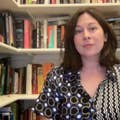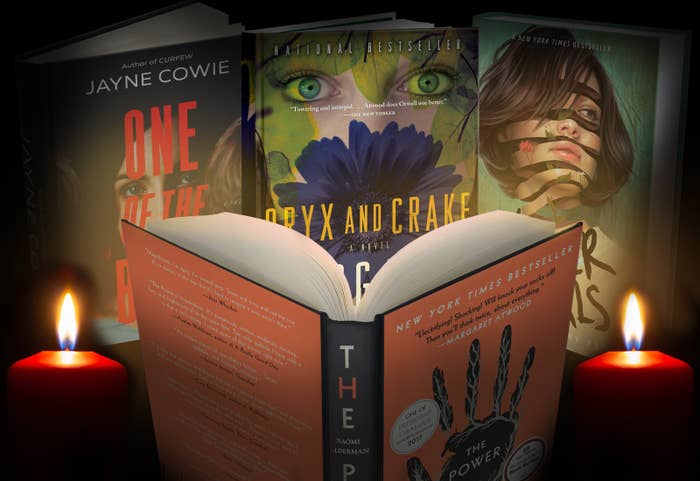
Now adapted into a TV series streaming on Prime Video, Naomi Alderman’s acclaimed 2016 speculative novel The Power is a gender-twisting dystopian thriller in which women develop an immense electrical power from a place within their collarbones, and it can either violently harm people or manipulate their bodies. As a result, women are now the ones with the ultimate power. But what will they do with it?
If you’re craving more books like Alderman’s, here’s a list of books similar to The Power, featuring either an non-patriarchal society, a wider commentary on the structures of power, or disruptions of the status quo that might make you question just how fragile the world might be.
Oryx and Crake (MaddAddam series) by Margaret Atwood
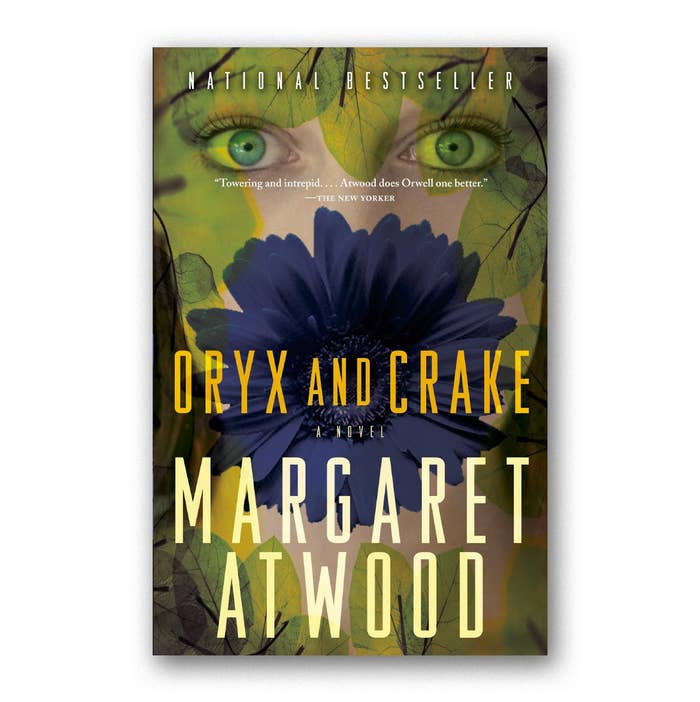
Naomi Alderman has mentioned in interviews that the famed author Margaret Atwood acted as her mentor while she wrote The Power — so it should come as no surprise that one of Atwood’s best is on this list. Except it isn’t the one you’re likely to think of. Yes, The Handmaid’s Tale is also a dystopian tale, but it’s her MaddAddam trilogy that is brilliant and edgy in all the ways The Power is. Oryx and Crake is the first in this futuristic dystopian series and begins with the character Jimmy, who is raised in a compound owned by a company his father works for called Organ Inc. Jimmy’s dad helps to create pig hybrids used for human organ harvesting, and his mother becomes a vocal dissenter in their über-capitalist world. Jimmy’s parents fight relentlessly, and he eventually finds a companion in Glenn, a genius kid in his neighborhood who is also emotionally stunted. They play a computer game called “Extinctathon” and watch horrific videos to pass the time. The foundation of their childhood experiences, from the clips they watch to sneaking around in the compound’s scientific labs, greatly impacts both boys, Glenn more so than Jimmy. Years later, they boys lose touch — Glenn goes on to become a god-like idol in the science world, while Jimmy deals with a series of addictive behaviors and goes to work in advertising. After a plague destroys most of the world, Jimmy believes he’s the last remaining human now reluctantly coexisting with genetically altered beings named “Crakers,” after their creator Glenn, who renamed himself to Crake years earlier. Despite the dark tones in Atwood’s book, there’s still a considerable amount of the author’s wry sense of humor. You wouldn’t think a genetically altered pig could make you laugh, but it does.
Order on Amazon or Bookshop.
The School for Good Mothers by Jessamine Chan
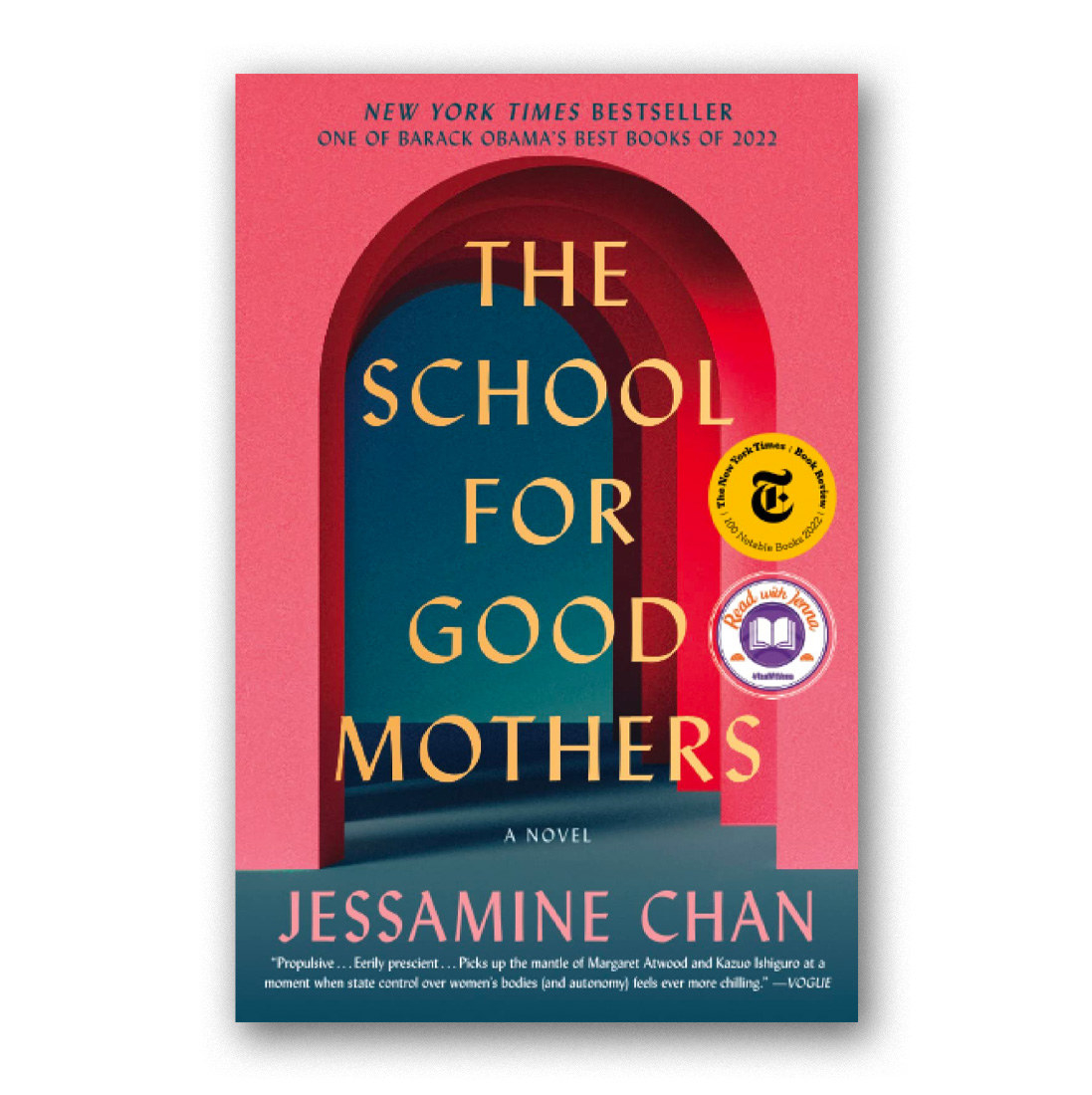
Also set to become a television series, the debut novel from last year follows a struggling single mother named Frida Liu. One mistake lands Frida in a government reform program where custody of her daughter, Harriet, hangs in the balance. The program, a new organization run by Child Protective Services, forces Frida into a strict rehabilitation facility where parents are given cruel prompts and unrealistic morality and parenting tasks. Like Alderman, Chan illuminates some pretty dark fears while slyly provoking her readers to consider what mob rule and unchecked power can do. Chan’s book is also a story that exposes the dangers of judgmental perfectionism in parenting and the violence inflicted upon women, but is also a story about the unwavering love between a mother and her child. This book will gut you.
I Keep My Exoskeletons to Myself by Marisa Crane
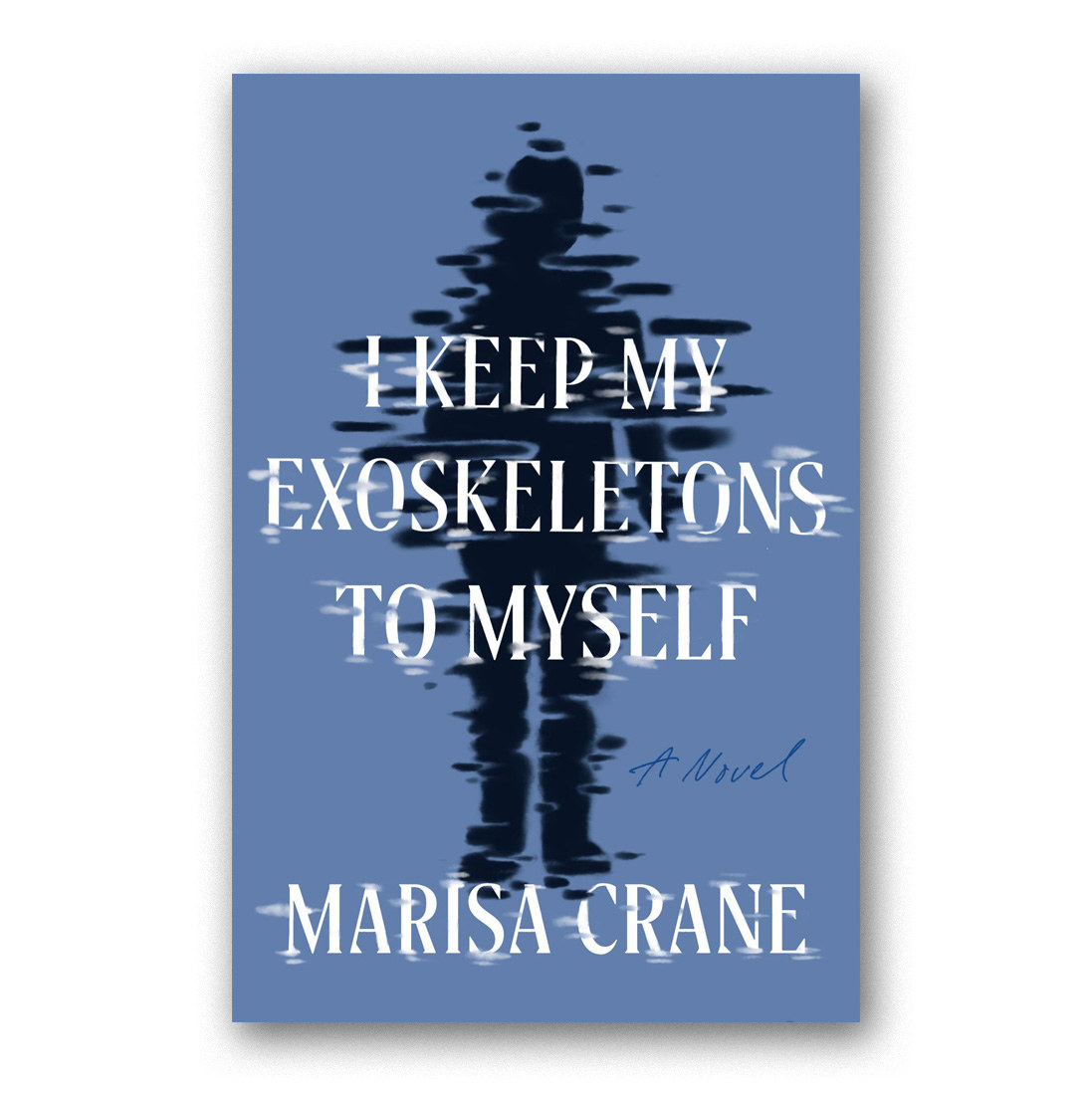
Similarities between Crane’s recently released I Keep My Exoskeletons to Myself and The Power lie in their dip into power dynamics, gender roles, oppressive societal control, and how our familial emotional relationships impact us. In The Power, women become a weapon that upends society, while in I Keep My Exoskeletons to Myself, the government's use of shadows as a form of punishment creates a world where shame and guilt are weaponized. Crane’s debut is set in an extreme police state where a woman named Kris is grieving the loss of her wife who died in childbirth, leaving Kris to raise their only child. Kris's daughter is punished for the death of her mother with a shadow by the Department of Balance, an organization that punishes those who have committed any type of moral crime. Kris has also been given a shadow by the department. Shadows are used to signal moral failings or societal crimes and, once attached, forces whoever receives them to become social pariahs.
Vox by Christina Dalcher
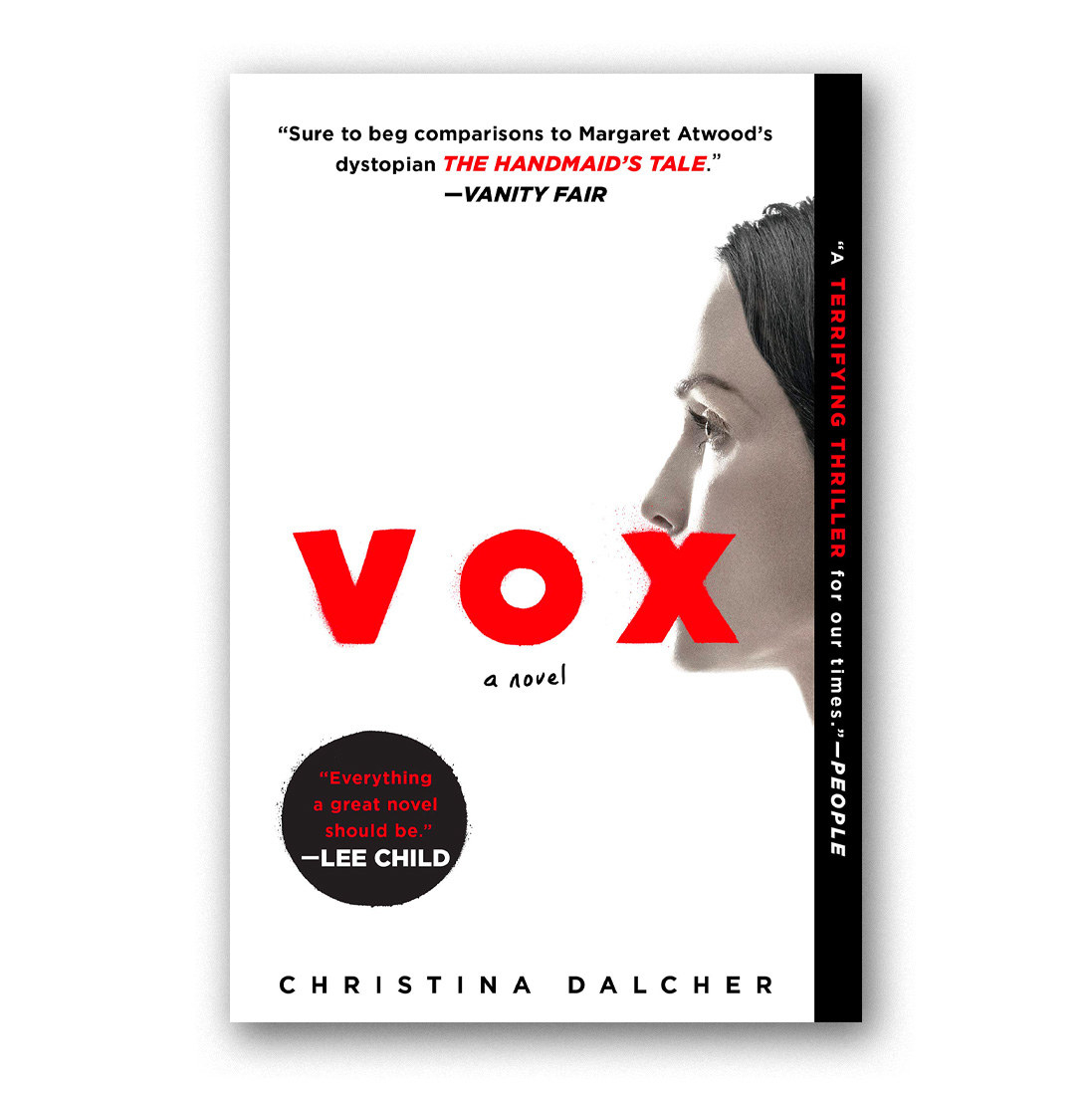
In this sci-fi dystopia, women in the United States live in an extreme fundamentalist society where they are only allowed to speak 100 words per day, and the majority of women are no longer allowed to have jobs outside the home. Each woman wears a wrist counter that delivers increasingly severe penalties for infractions via electrocution. Dalcher’s protagonist is Dr. Jean McClellan, a cognitive linguist who’s been forced by the new restrictions into no longer working, is forced into being a housewife and mother, but she’s called back to work to find a cure for a powerful politician's damaged language center. Dalcher’s writing style is blunt, and the book is a good reminder that if you’re not paying attention to the laws and rules around you, you’ll become voiceless.
The Fifth Season (Broken Earth Series) by N.K. Jemisin
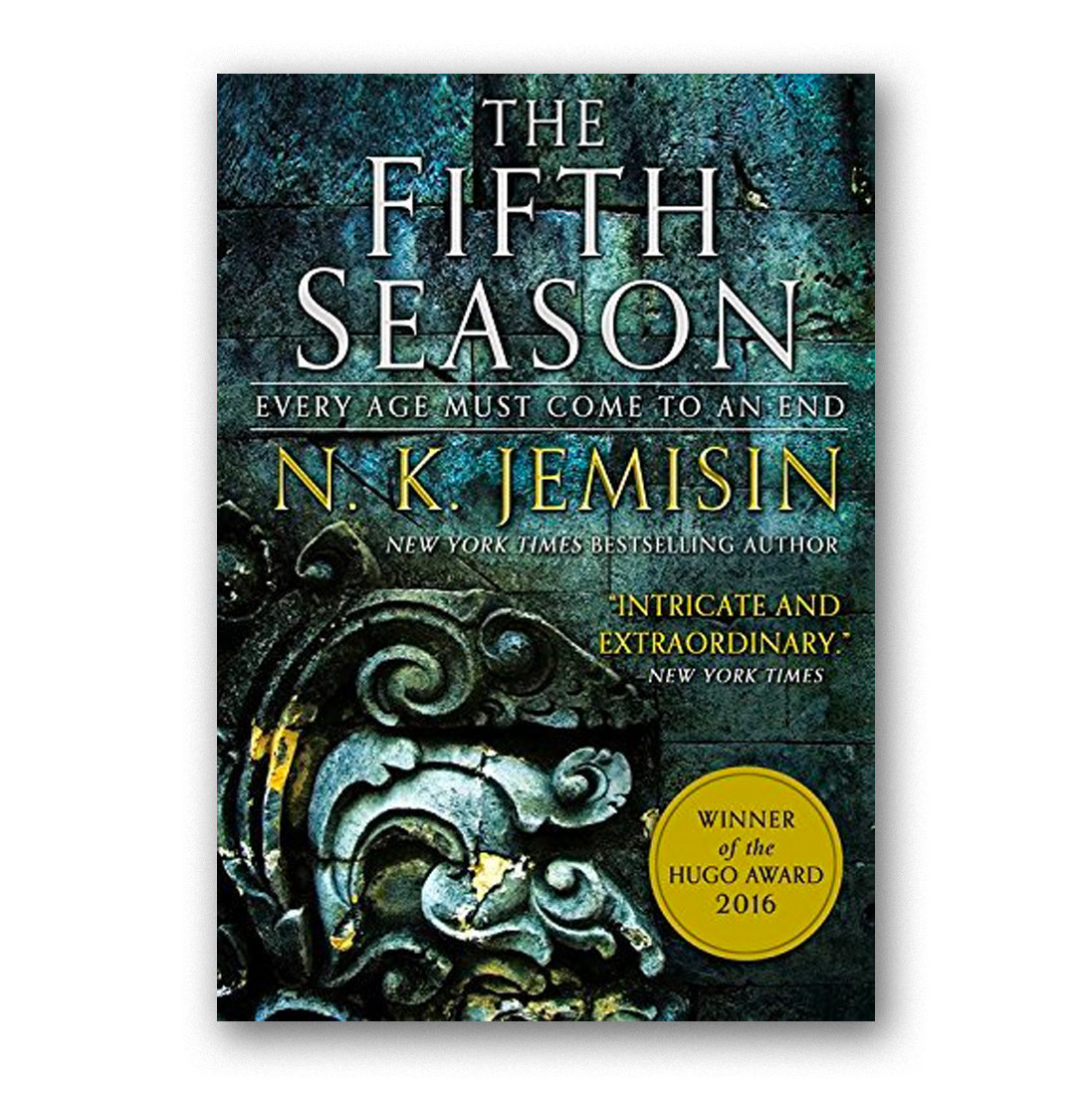
This Hugo Award–winning author’s books tend to be more in the futuristic fantasy and sci-fi realm, but like The Power, The Fifth Season is a work of speculative, albeit high fantasy, fiction that also deals with power struggles, oppression, and advanced abilities. The first in Jemisin’s Broken Earth series is set on the continent called the Stillness, a place plagued by extreme weather activity and where individuals known as “orogenes” have the ability to control seismic activity, giving them immense power that others in society envy and fear. The first book centers on three main female characters: Essun, a woman searching for her missing daughter; Damaya, a young girl with orogenic powers who is taken to a special school to learn to control them; and Syenite, a powerful orogene who is sent on a mission with her mentor. Since this is book one in the series, expect quite a bit of worldbuilding.
Lullaby by Chuck Palahniuk
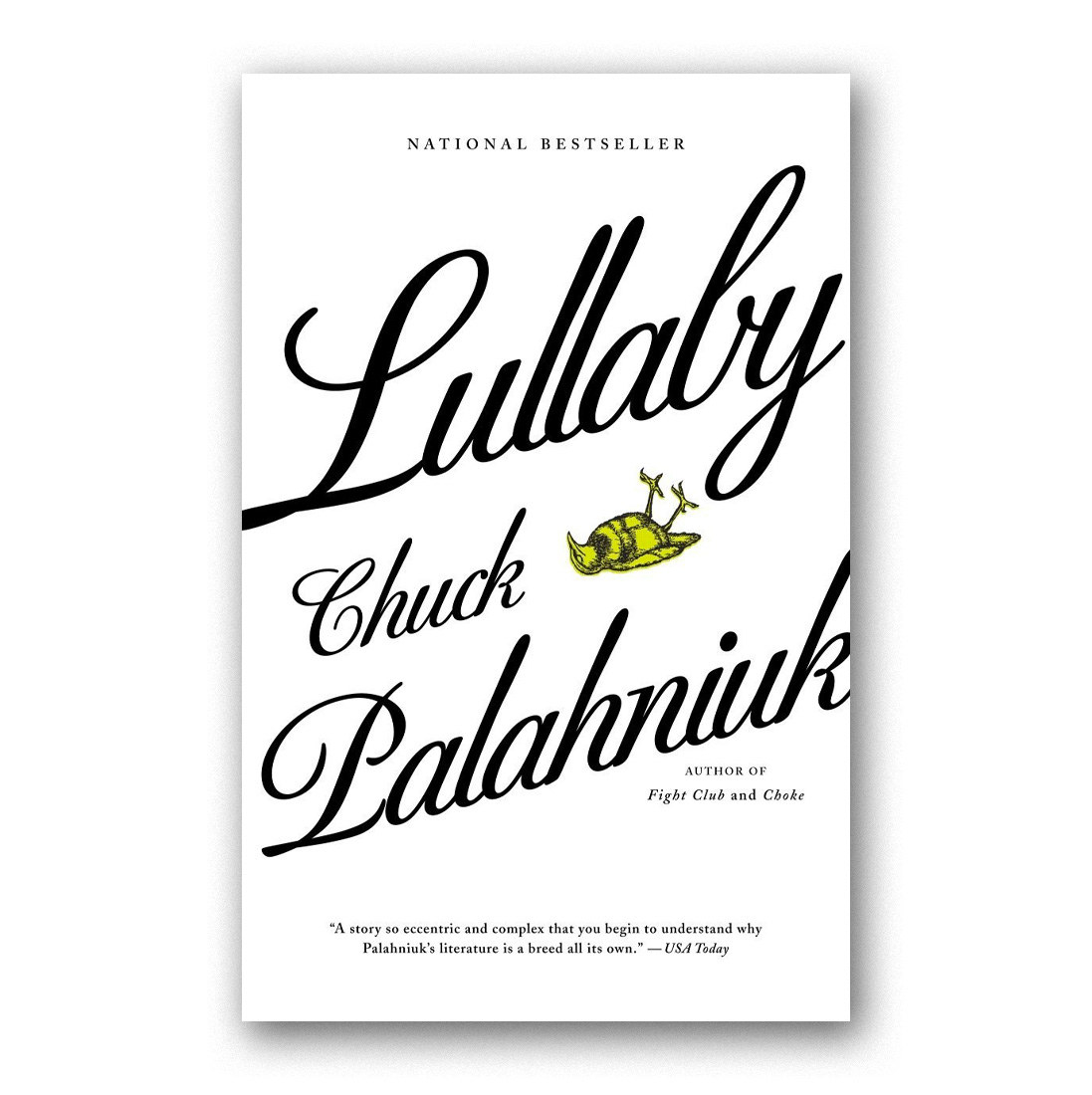
Like Alderman, Chuck Palahniuk is no stranger to challenging social norms and exploring the darker sides of humanity in his work. Palahniuk's Lullaby centers on a journalist named Carl Streator, who is investigating the deaths of children caused by Sudden Infant Death Syndrome. In the course of his investigation, he discovers an ancient lullaby that has the power to kill anyone who hears it. Streator, along with several other characters, sets out to destroy every copy of the lullaby before it can be used again. However, they soon discover that the lullaby's power is more widespread than they ever could have imagined. This is one of the more haunting books I’ve ever read. Like Alderman’s work, Lullaby shows the fragility of the status quo and what a single power can do to catastrophically alter it. It’s a dark and unsettling book, but also strangely wry and funny in that way Palahniuk’s writing is.
The Future Is Female! 25 Classic Science Fiction Stories by Women by Lisa Yaszek
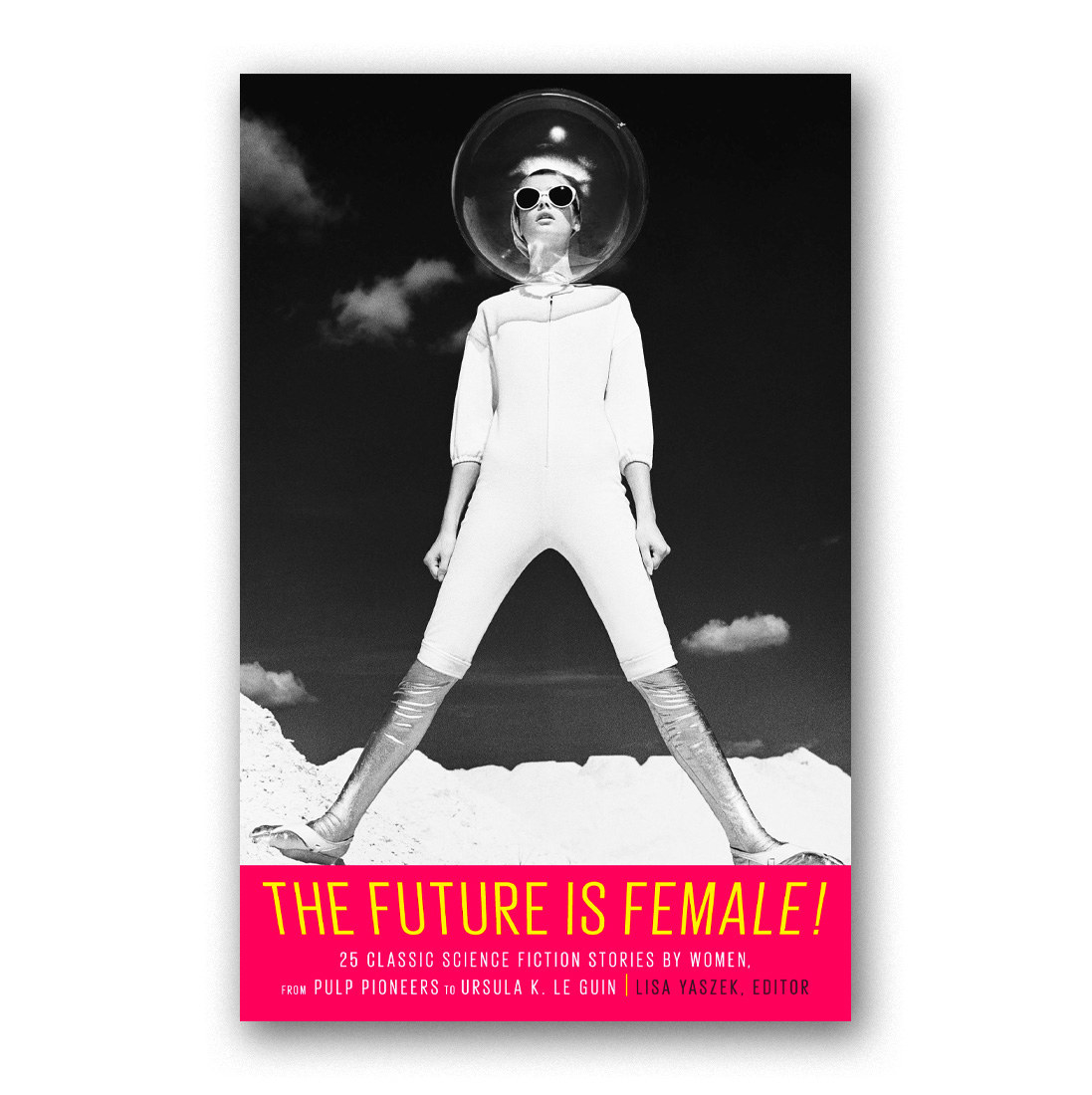
The Future Is Female! is like a master course in feminist sci-fi, with classic tales from well-known authors like Ursula K. Le Guin, Joanna Russ, and James Tiptree Jr. (pseudonym of Alice B. Sheldon) as well as lesser-known works that are equally enthralling. This collection is a must-read for anyone who loves science fiction, especially fans interested in exploring the history and evolution of women writers' contributions to it. The stories range from dystopian futures to alien invasions to time travel. Personal favorites include Ursula K. Le Guin’s “Nine Lives" (which was originally published in Playboy) and “Contagion” by Katherine MacLean.
One of the Boys by Jayne Cowie
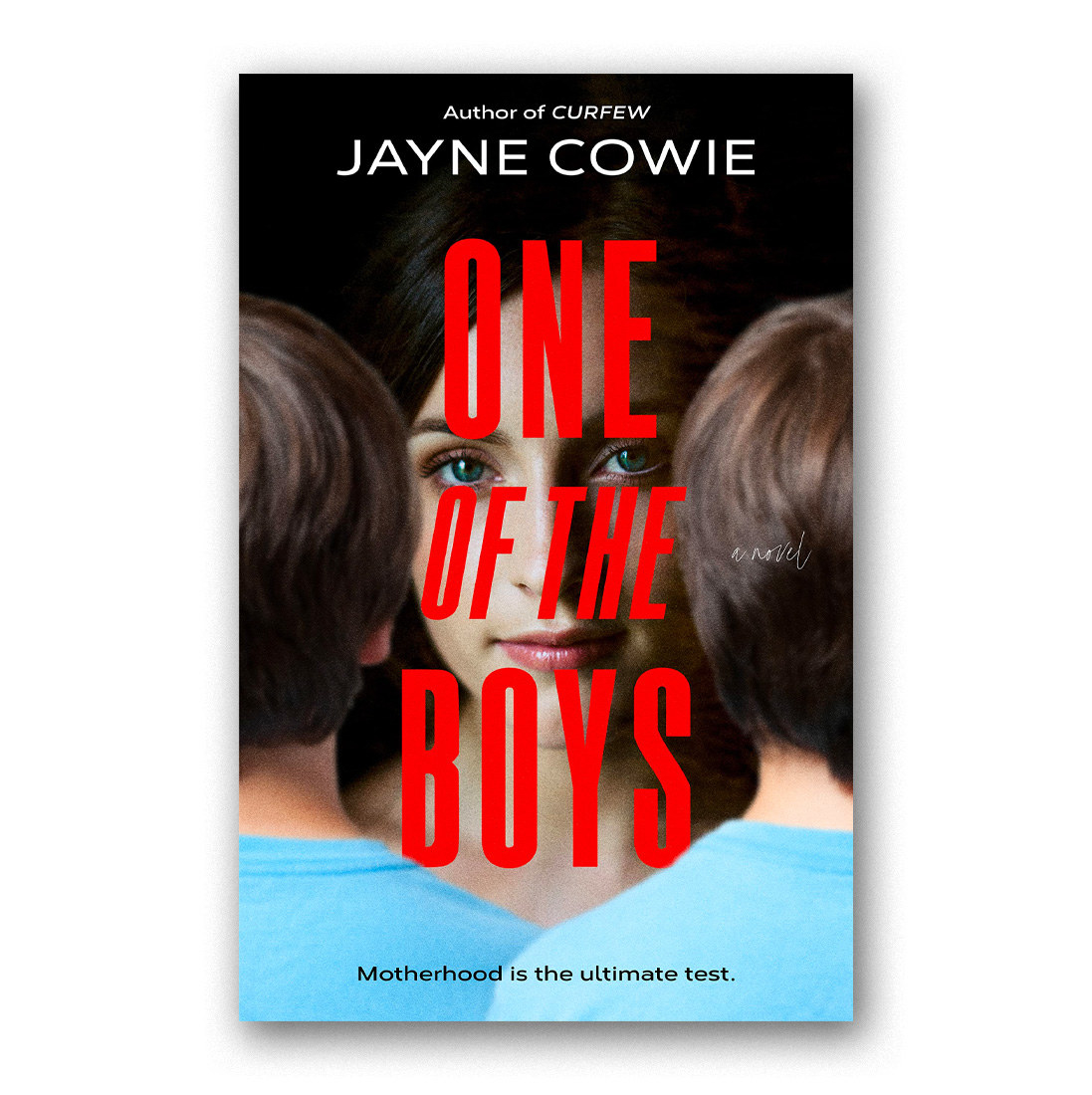
In this dystopian thriller that comes out in July, C scientists have identified the M gene as the culprit behind male violence and aggression, and the test for the gene becomes increasingly prevalent in society. It’s a simple cheek swab for boys under the age of 7 to find out if they’re likely to become violent or not. The book focuses on two mothers in the story, Antonia (whose wealthy husband runs a testing clinic for the gene) and her sister, Bea. Both women have boys of the same age, but other than that, very little in common. Bea is against the testing, whereas Antonia had her son, Jack, tested as soon as she could. As the years go by, the sisters and their sons lead vastly different lives, leading to a climactic moment when the boys both become eighteen. This is a dark and at times deeply disturbing mind-bending thriller that, like The Power, questions how much of our behavior and choices are learned, genetic, or manipulated into being by society.
Wilder Girls by Rory Power
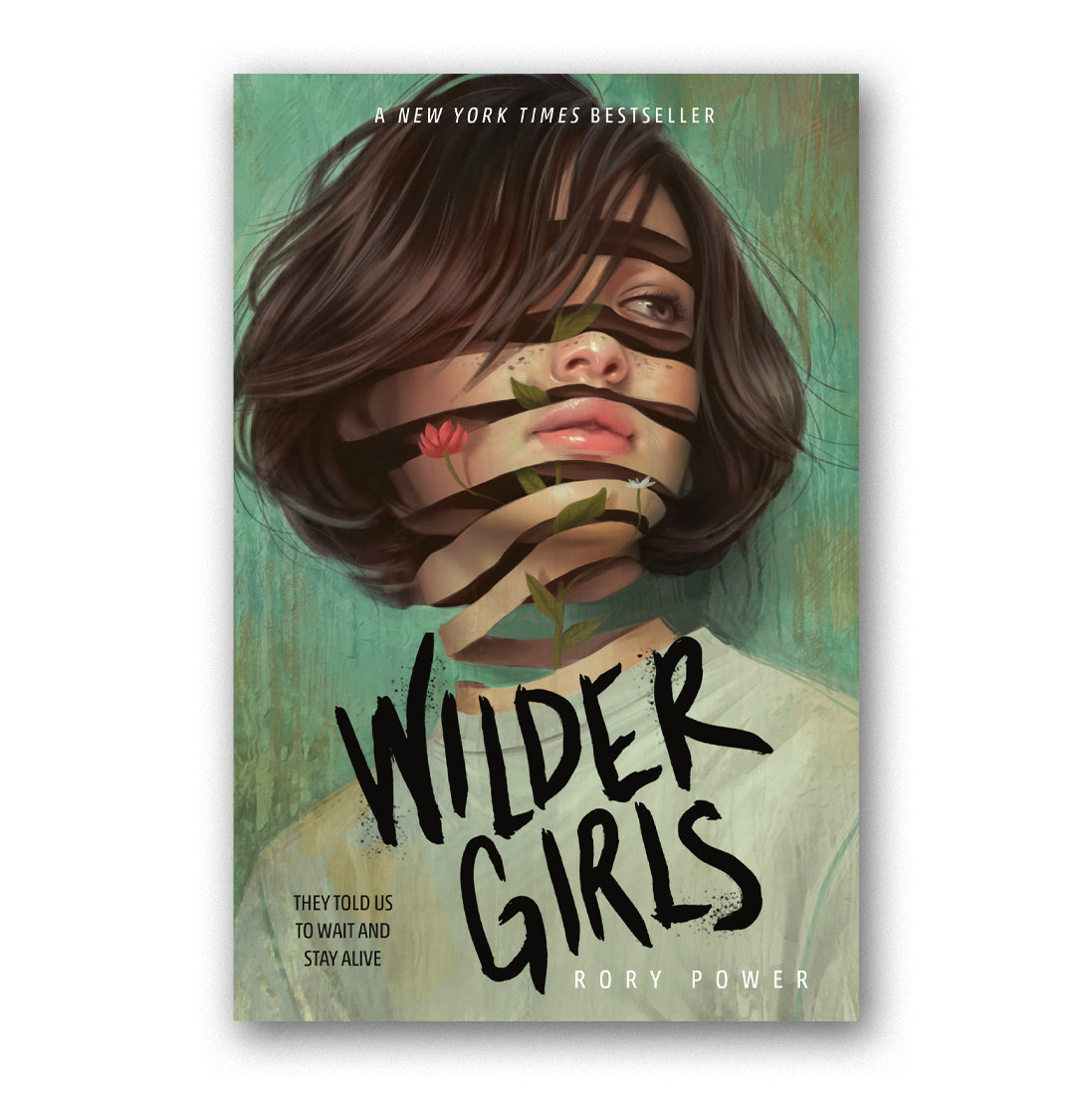
A feminist Lord of the Flies about three best friends living in quarantine at their island boarding school, Power’s debut, out tomorrow, is a sapphic horror that’s mind-bending and— forgive me — wild. It’s also pretty grotesque at times, intense, and creepy. The story begins two years after an outbreak of the Tox, an infection that has invaded all living beings on an island where the Raxter School of Girls is located. The government quarantines all island inhabitants while looking for a cure, but all the while, the Tox is causing strange mutations either resulting in death or gruesome adaptations. Three school girls, Hetty, Byatt, and Reese, are trying to survive and cling to their friendships for safety and mental stability — but the stressors and fears of the situation threaten to rupture their friendship even as the Tox does the same to their bodies.
The Children of Men by P.D. James
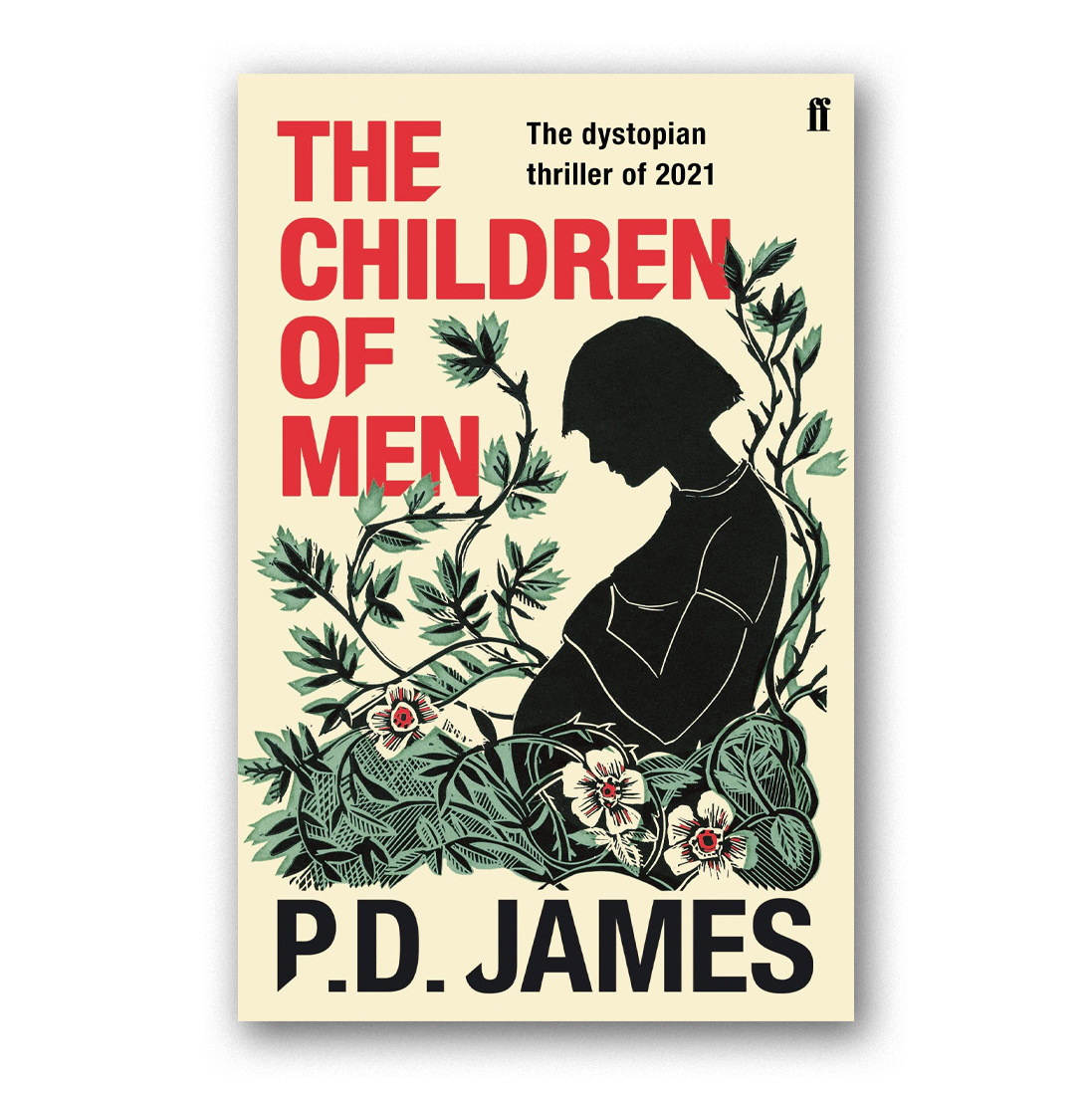
You could argue there isn’t a single redeemable character in Alderman’s book, except for Tunde, the journalist that documents the women’s rise to power. For readers looking to find a similar character, check out this 1992 novel The Children of Men. Set in a future where the world is on the brink of collapse, the protagonist, Theo Faron (played by Clive Owen in the 2006 movie adaptation), is a former journalist who becomes embroiled in a plot to transport a pregnant woman to safety. And Theo, like Tunde, is not without fault — both men exhibit less than heroic moments, but the two authors show fully complex human beings, people that you can more easily believe are at the very least trying to do the right thing…most of the time.
Parable of the Sower by Octavia E. Butler
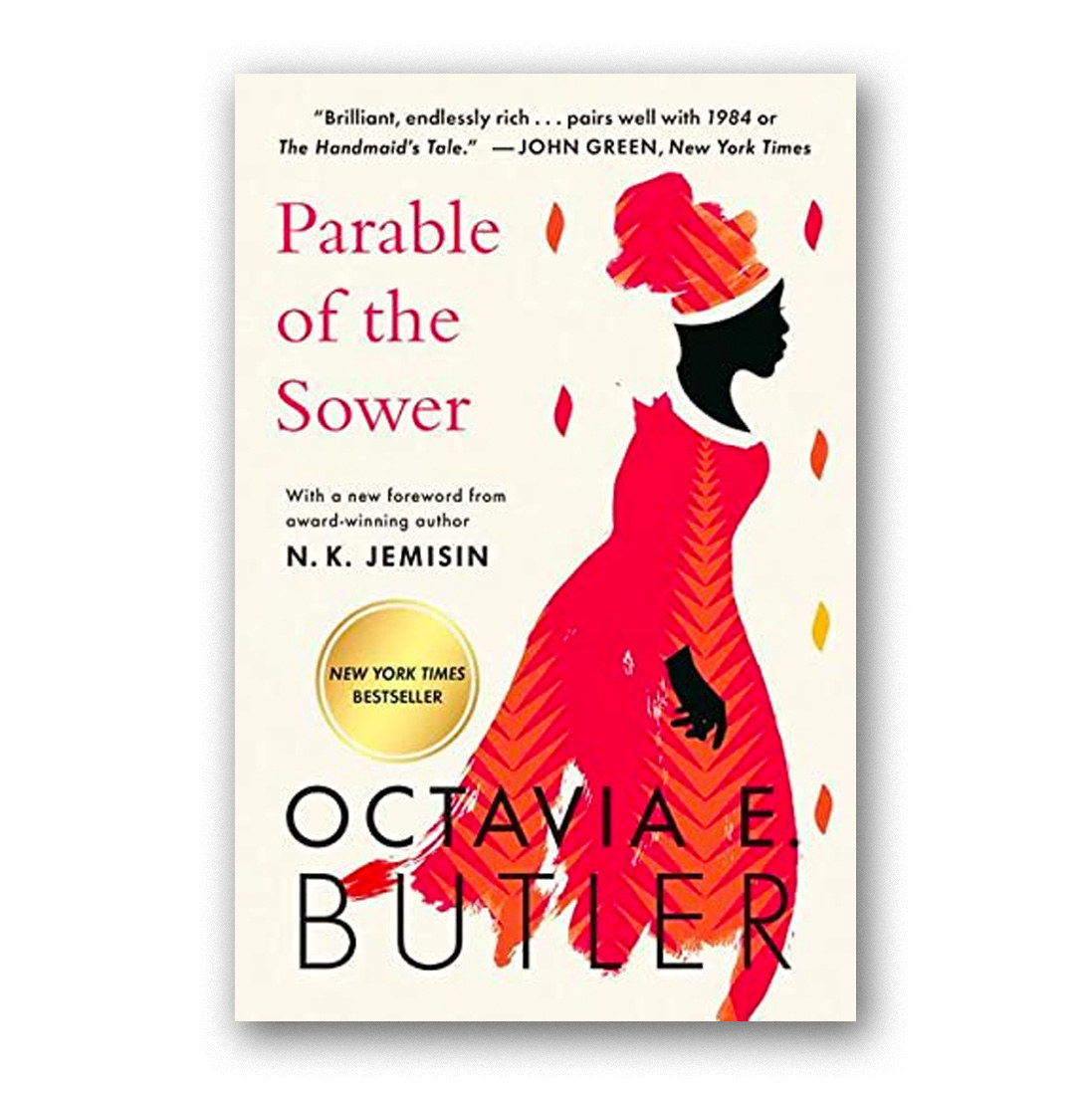
This Hugo and Nebula Award–winning author, who died in 2006, was and still remains one of the pre-eminent authors in science fiction and feminist literature. There are several books by Butler similar in themes to The Power, but the central character in Parable of the Sower, Lauren Olamina, is like a version of Mother Eve if empathy won over vengeance. Lauren is not the same as Mother Eve (decidedly less likely to begin the apocalypse), but the two do share similarities. Like Mother Eve, Lauren has a special ability too, except Lauren’s is hyper-empathy, which causes her to be extraordinarily sensitive and aware of the emotions of others. And both characters use their powers for persuasion and to inspire others, and both create new religions while still young women. They even share a common background that is rooted in loss and violence. The similarities mostly end there, though. Lauren’s family lives in a dystopian America that didn’t collapse because of some singular event, but from something more subtle and slower. It’s a future altered by climate change and racial tensions causing severe divisions in wealth and resources. When Lauren’s entire family is brutally murdered within their Los Angeles walled enclave, she’s the only one to survive. Fleeing, Lauren eventually forms her own religion, Earthseed, which she believes will save mankind.
After Dachau by Daniel Quinn
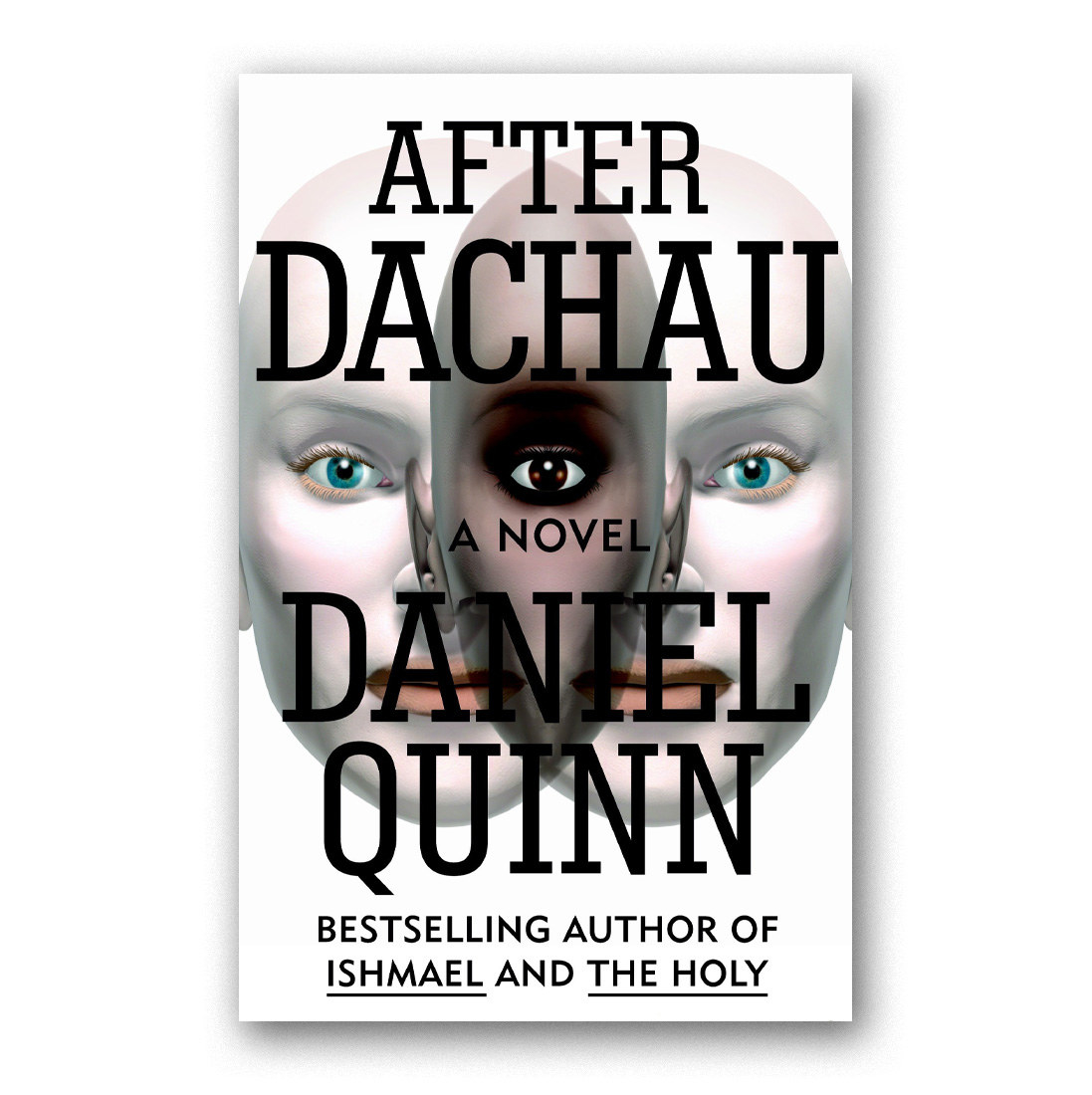
There’s actually several similarities between Quinn’s After Dachau and Alderman’s The Power. Both present alternate histories; for Alderman, it’s a society no longer ruled by a patriarchy but essentially reset into a matriarchy, and in After Dachau, Hitler and the Nazis won World War II. And they both depict worlds that are ruled by violent and authoritarian societies. In the beginning of Quinn’s novel, we meet Jason, the bored and restless son of an aristocrat who has an eccentric hobby of searching for people claiming to have been reincarnated. Jason meets with a woman who woke up after a terrible accident claiming to not be who everyone keeps insisting she is, a white woman named Mallory, but she is actually Gloria Macarthur, an African American deaf artist from downtown New York who lived during the 1950s. There’s a huge twist in Quinn’s book, so apologies for being vague, but this novel poses many of the same mind-twisting questions and reflective thought as Alderman’s The Power.
BuzzFeed may collect a share of sales or other compensation from the links on this page if you decide to shop from them.
